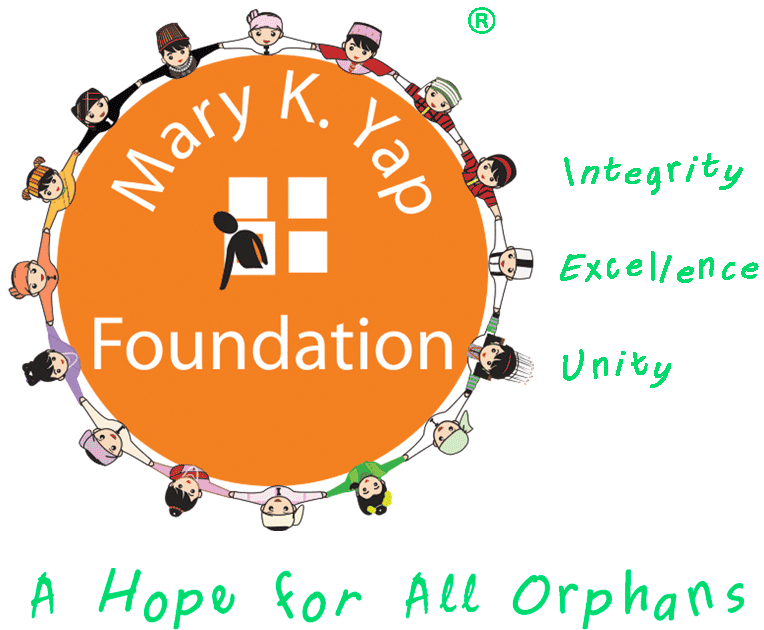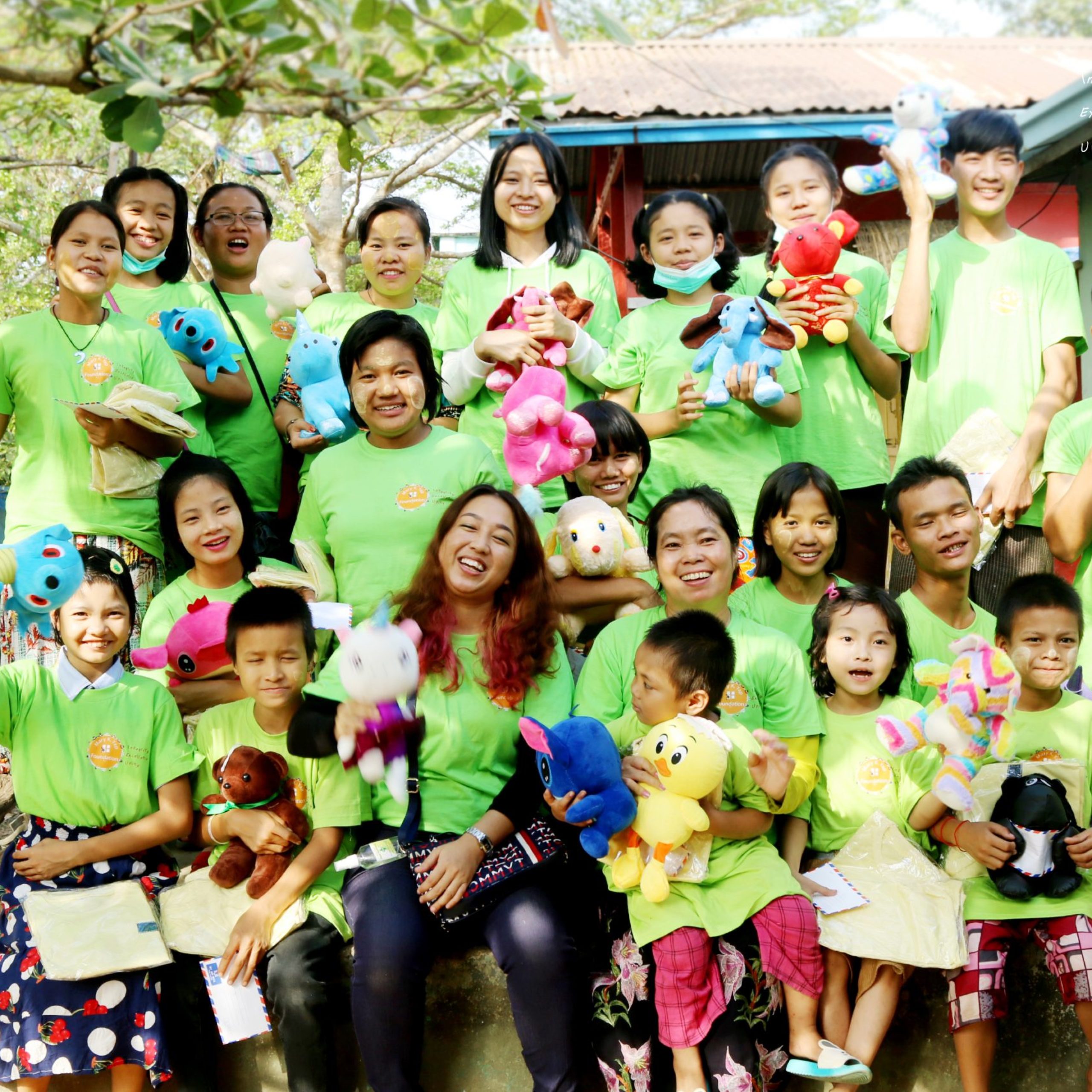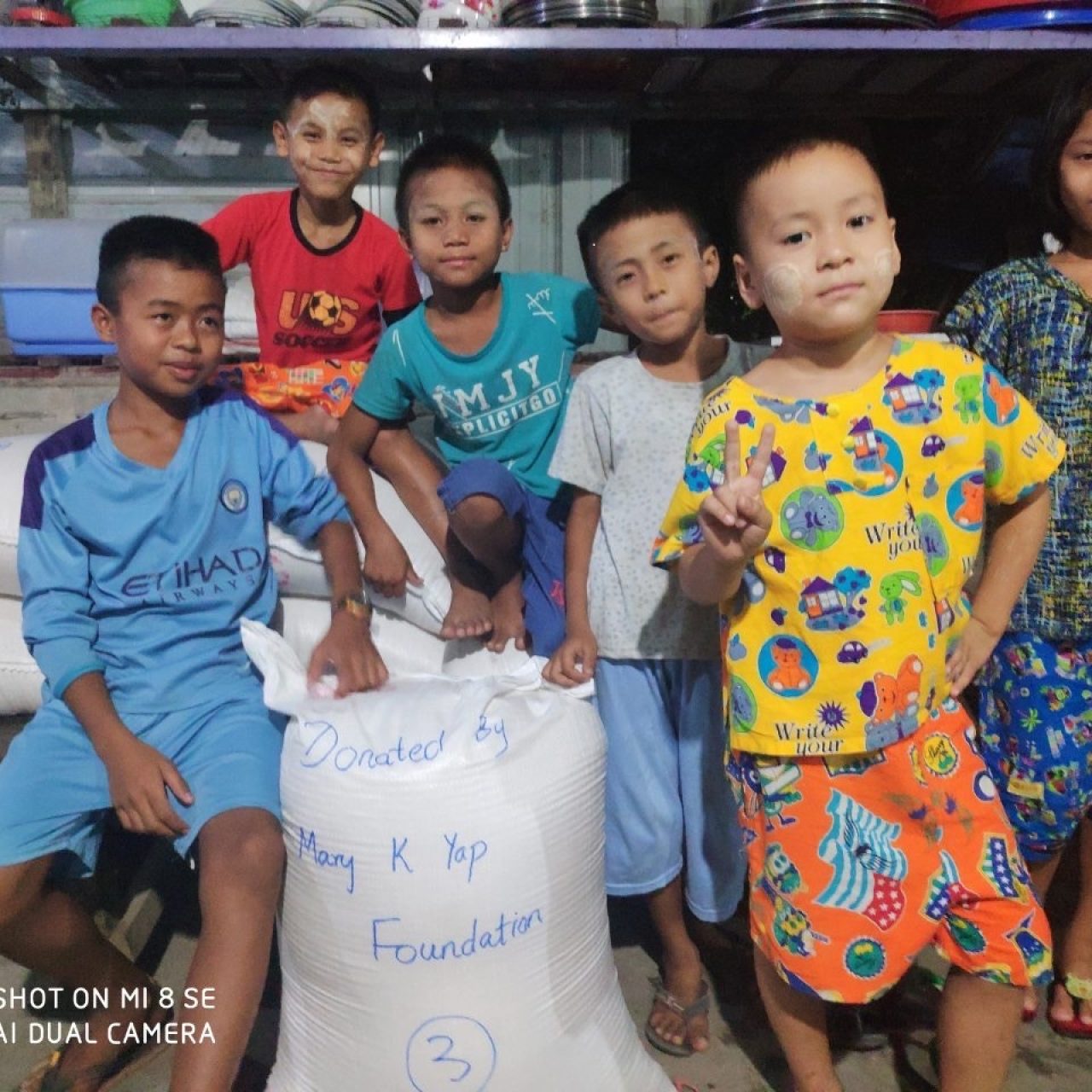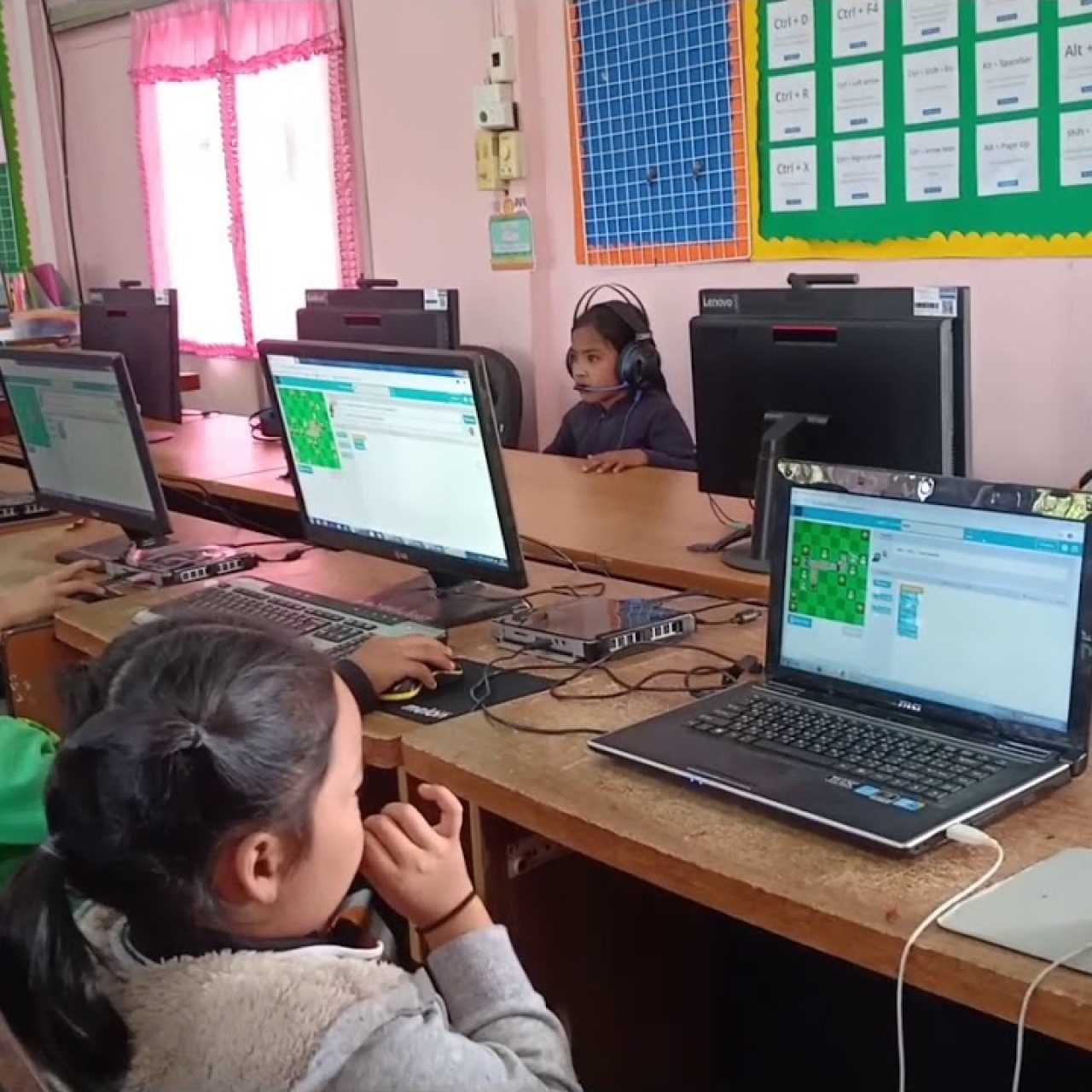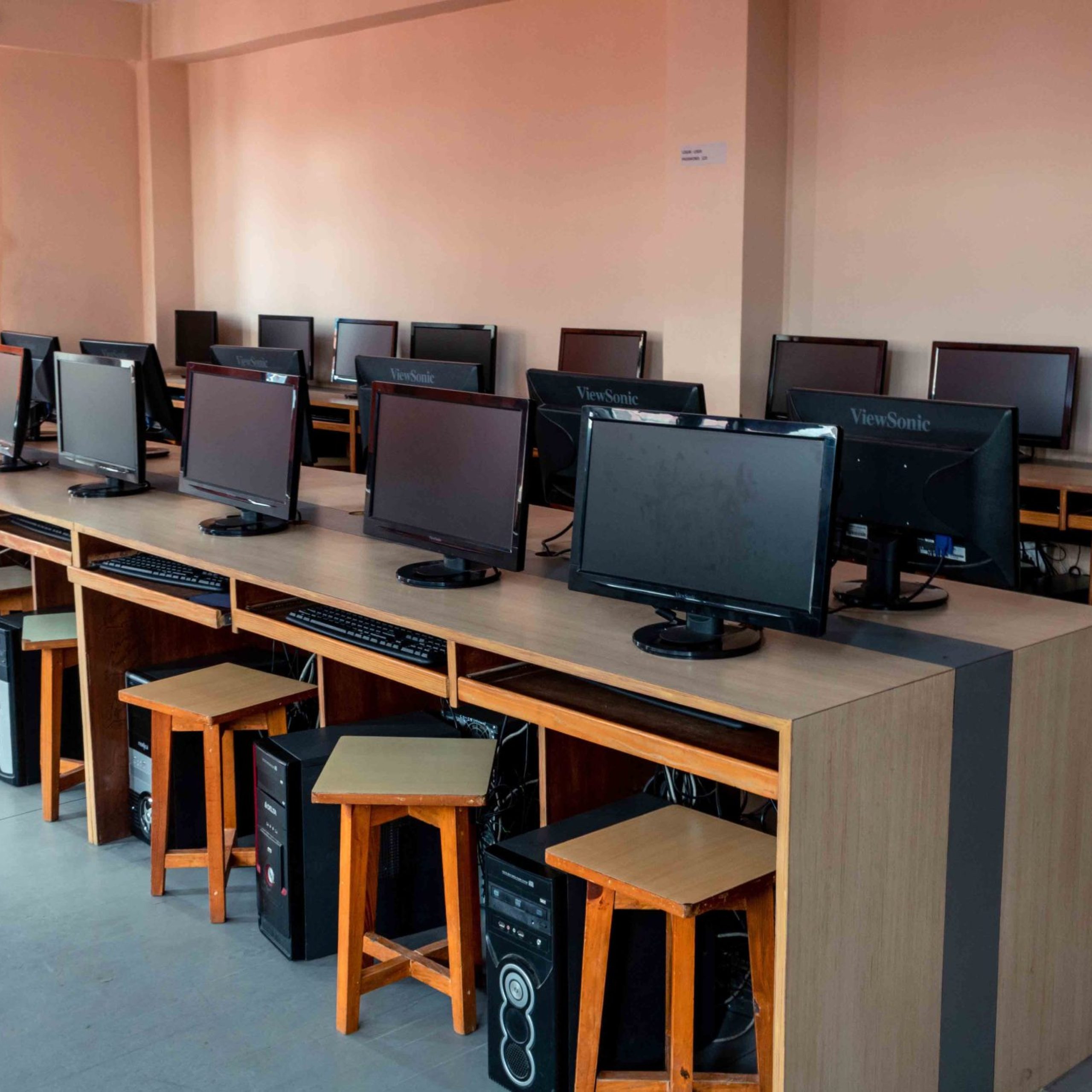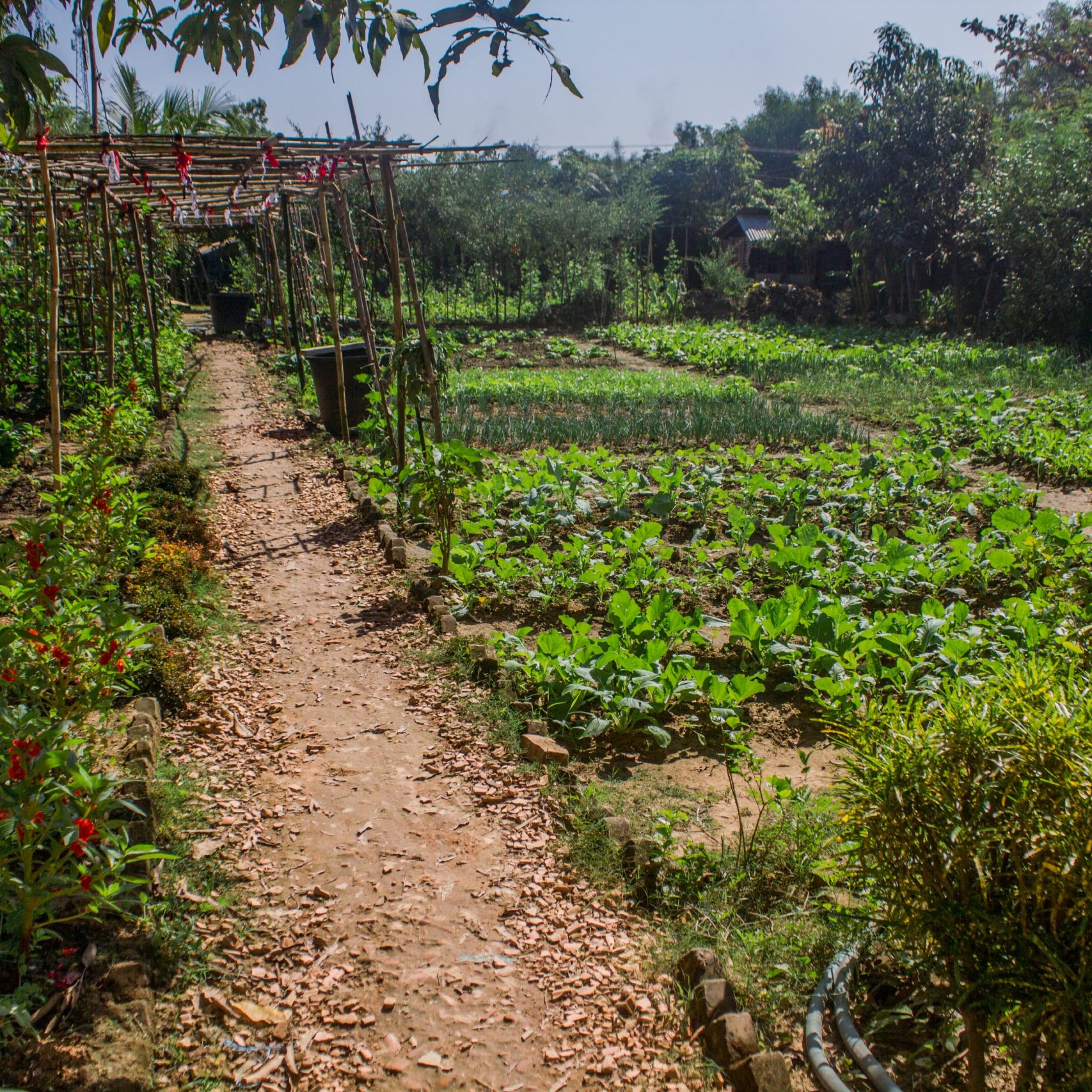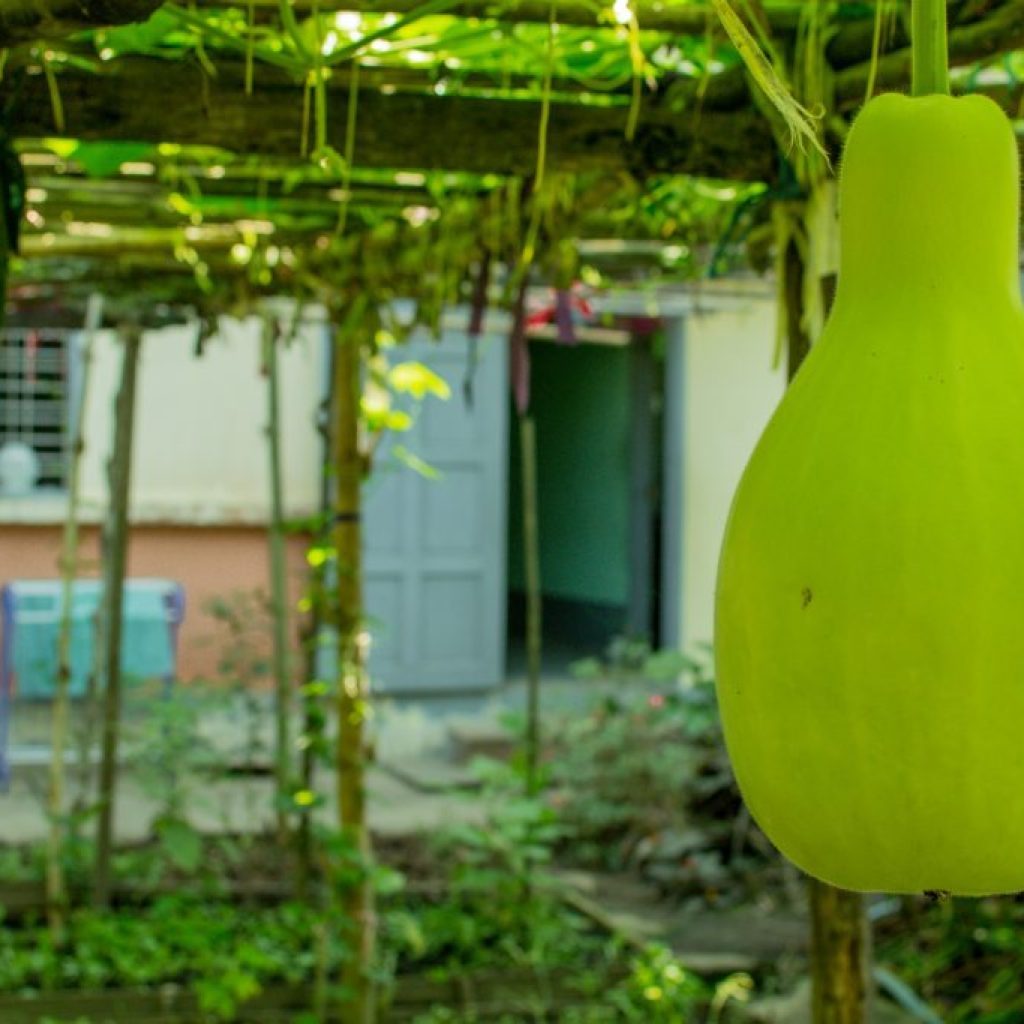Goal #6: Clean Water And Sanitation
Impacting Lives Through Collective Fulfillment!
Goal #5: Social Wellbeing
Impacting Lives Through Collective Fulfillment!
“Social Wellbeing in orphanages nurtures a sense of belonging, resilience, and a brighter future for every child, fostering a supportive community that uplifts and empowers them.”
Almaz Negash
Board Member, Mary K. Yap Foundation
When every orphan is socially inclined and actively participates in outside youth activities, such as singalongs, holiday celebrations with volunteers, and other engaging events, numerous benefits and positive impacts emerge. Firstly, these activities provide a sense of belonging and connection to a broader community. Often lacking traditional family structures, orphans find solace and support in interacting with volunteers and peers during singalongs and holiday celebrations. These experiences foster a sense of inclusion, reduce feelings of isolation, and cultivate a supportive network, enhancing their social wellbeing.

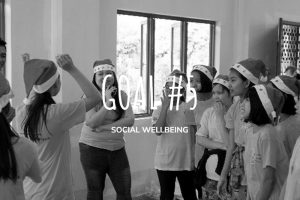
Photo by Mary K Yap Foundation
Moreover, participating in outside youth activities exposes orphans to new experiences, perspectives, and opportunities for personal growth. Singalong events and holiday celebrations organized by our Foundation provide enjoyment and promote the development of social skills, self-expression, and self-confidence. Engaging with volunteers and other participants encourages communication, teamwork, and forming meaningful relationships. These interactions broaden their horizons, expand their social networks, and foster a sense of empowerment, enabling them to navigate social dynamics with greater ease and adaptability.
The impact of these activities extends beyond the immediate moments of joy and connection.
Socially inclined orphans develop resilience by embracing diverse experiences and adapting to new environments. They acquire life skills, cultural awareness, and a sense of belonging that can positively influence their personal development and future opportunities. By actively participating in outside youth activities, orphans gain a stronger sense of identity, discover their unique strengths, and build a foundation of social wellbeing that contributes to their overall happiness and well-rounded development. Here are some key impactful benefits from our dedicated efforts and the positive effects that amplify our social wellbeing initiatives program for these orphanages.
- Foster a sense of belonging: One of the primary goals is to create an environment where children feel a sense of belonging and acceptance. By nurturing positive relationships with caregivers and peers, children can develop a support system and feel connected to others, reducing feelings of isolation.
- Emotional and psychological development: Social interactions provide emotional expression, empathy, and understanding opportunities. By encouraging healthy relationships, children in orphanages can develop emotional resilience, self-esteem, and a positive self-identity. These factors contribute to their overall psychological wellbeing.
- Social skills development: Orphanages can help children develop essential social skills for successful interpersonal interactions. Children can acquire the necessary tools to build healthy relationships and navigate social situations by promoting teamwork, cooperation, effective communication, and conflict resolution.
- Peer support and friendship: Orphanages can facilitate the formation of companionship and peer support networks among children. Positive relationships with peers can provide emotional support, increase self-confidence, and promote a sense of camaraderie and mutual understanding.











- Sense of community: Orphanages can create a supportive environment where children and caregivers work together to develop a sense of belonging and purpose. This shared community can enhance the overall wellbeing of children by providing a supportive network and promoting a positive collective identity.
- Educational and vocational opportunities: Social connections at orphanages can open doors to educational and vocational opportunities. By building networks within the community, children may gain access to scholarships, mentorship programs, internships, and vocational training that can empower them to succeed academically and professionally.
- Long-term support and aftercare: Social wellbeing at orphanages can extend beyond the immediate stay. By building lasting connections and support networks, orphanages can continue to provide guidance and assistance during the transition to independent living, ensuring that children have ongoing support as they navigate adulthood.
- Prevention of social issues: By focusing on social wellbeing, orphanages can help prevent social issues such as loneliness, depression, substance abuse, and delinquency. Strong social connections and support systems act as protective factors and contribute to healthier outcomes for children in care.
In summary, the benefits are manifold when every orphan is socially inclined and engages in outside youth activities like singalongs and spending holidays with volunteers. They experience a sense of belonging, form meaningful connections, develop social skills, and broaden their horizons. The impact of these activities goes beyond the immediate social interactions, fostering resilience, personal growth, and a foundation for lifelong social wellbeing. These experiences nurture their emotional wellbeing, promote positive social integration, and equip them with the tools to thrive in diverse social contexts, leading to a more fulfilling future.
The United Nations Convention on the Rights of the Child (UNCRC) recognizes and promotes the right of every child to social interaction, supportive relationships, and a sense of community engagement. While the UNCRC does not explicitly mention “social inclination,” it upholds the broader principles that foster social wellbeing and development for children.
Article 31 of the UNCRC acknowledges the right of the child to engage in play, recreational activities, and participation in cultural life. These provisions emphasize the importance of social interactions, friendships, and community engagement as fundamental aspects of a child’s development. Additionally, Article 23 of the UNCRC highlights the right of disabled children to enjoy a full and decent life in conditions that ensure dignity, promote self-reliance, and facilitate their active participation in the community. This article highlights the significance of supportive relationships, social integration, and community engagement for children with disabilities, emphasizing the importance of social interaction and inclusion. While the UNCRC may not explicitly outline the right to be socially inclined, it establishes a comprehensive framework that safeguards children’s overall wellbeing, development, and freedoms, including social interactions, supportive relationships, and community engagement. The Mary K Yap Foundation wholeheartedly adheres to the principle that governs Article 31 of the UNCRC and commits fully to the social wellbeing of every orphan child that we are entrusted with the responsibility to care for and shelter.
